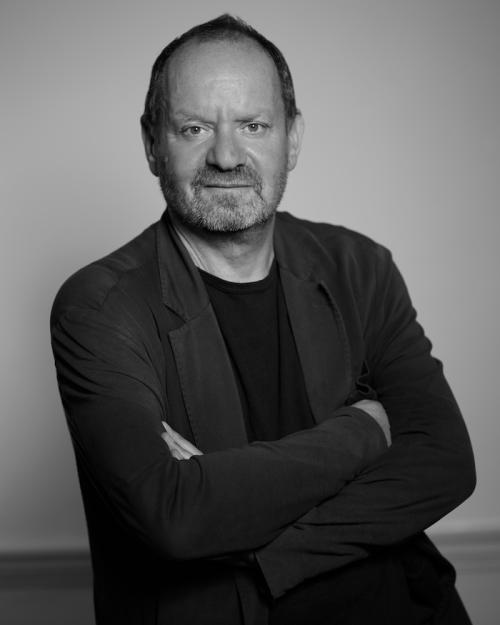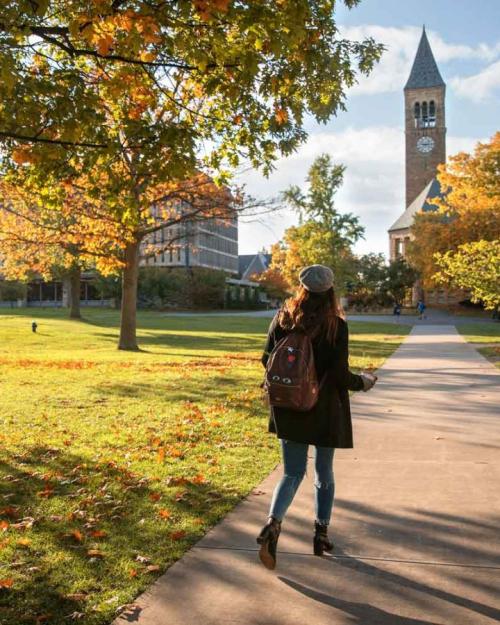Historical marker commemorates Toni Morrison’s time in Ithaca
Cornell Chronicle
 Department Homepage
The College of Arts & Sciences
Department Homepage
The College of Arts & Sciences



